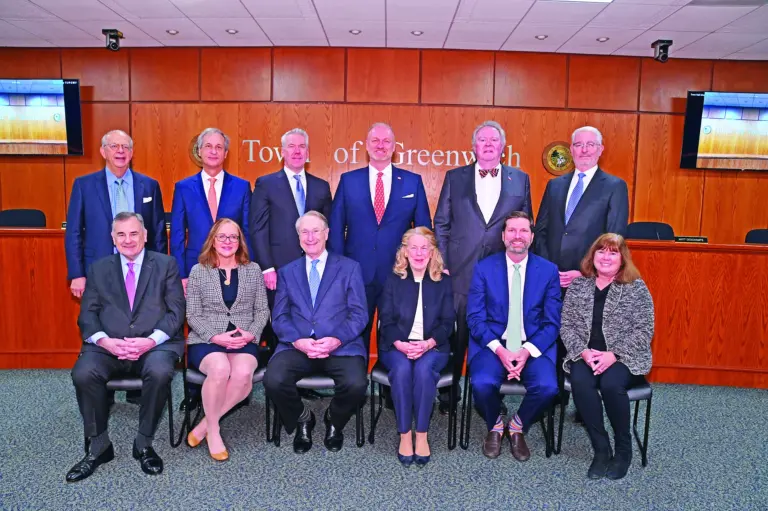
 By Stuart Adelberg
By Stuart Adelberg
It is almost standard practice for adults of every generation to describe teenagers with derision, inappropriately painting an entire demographic with one brush, and assigning negative attributes including selfishness, entitlement, and apathy. Forgetting for a moment, that every one of us in our own time, was also described in this same manner, I write today to share the discovery that teenagers I have recently encountered are exactly the opposite of the above. In fact, I have learned through the Avon Theatre Film Center’s 2021 Scholarship Essay Contest, that among our region’s high school seniors are many who are enlightened, empathetic, compassionate, and quite smart. I am also personally thrilled to learn that the cinema is often the vehicle that informs and inspires their passions.
The Avon awards scholarships every year to high school seniors who submit meaningful essays describing, “why film matters.” They are challenged, not to simply discuss the cinema as an art form, but rather to illustrate how film is used beyond entertainment, and, in some cases, to reveal how a particular film may have changed their lives. This year, the Avon received a record breaking 76 applications representing schools throughout Fairfield and Westchester Counties. Thirteen respected judges that include teachers, editors, publishers, writers, professors, and others have volunteered to read and score each submission multiple times before selecting the winners who will ultimately share awards ranging from $500 to $2,000.
I am one of the few individuals provided the unique opportunity to read every submission and I could not be happier! To be frank, I was unsure what to expect from this year’s contest. After a long, difficult, and entirely upended school year, it would have been completely understandable for the applications to reflect shallow escapism, as opposed to deep thought on critical issues. We got the exact opposite. Almost every essay discusses a serious matter confronting our nation and lauds the filmmakers for bringing these provocative subjects to the fore. Students chose to write about racism, ethics, sexism, poverty, climate change, classism, immigration, social justice, materialism, sexual identity, self-image issues, violence, and mental health.
One might assume, from this list of serious issues, that the essays presented negative, pessimistic views of the world. But that was not the case. These students praised the filmmakers and the films for opening their eyes and enabling them to see and feel issues from another perspective. In several cases the writers described how their own preconceived notions were changed and noted that they would experience events and now be moved to act differently in the future based on what they had seen on the screen.
Reading these essays was one of the most transformational personal experiences I have had since joining the Avon two years ago. I have written often about the power of film to put the observer in someone else’s shoes, to provide us with the opportunity to think, see and feel like another being, existing in a different time, place, and circumstance. These young people described this phenomenon with a degree of youthful passion and enthusiasm that I could never hope to match.
I am more convinced than ever before that the unique ability of film to open hearts and minds, to educate and inspire audiences is alive and well. But even more importantly, I now know with certainty, that the next generation of film lovers is open-minded, smart, and more than capable of taking the gifts of film and using them to change the world. Film truly does matter!



